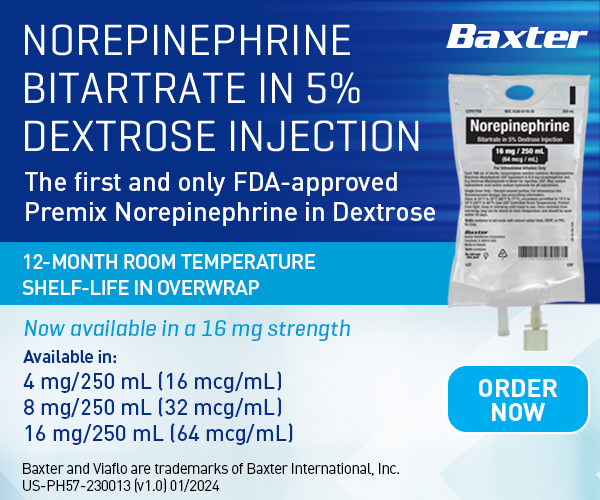WASHINGTON, DC – In 2021, the U.S. Preventive Services Task Force recommended annual lung cancer screening with low-dose computed tomography (LDCT) for adults aged 50 to 80 years who have a 20-pack-year smoking history and currently smoke or have quit within the past 15 years. The guideline did not recommend LDCT screening, however, for former smokers with a 20 pack-year or greater smoking history who quit 15 or more years ago or for current smokers with a smoking history of 20 pack-years or less.
A new study led by the Washington DC VAMC sought to determine lung cancer risk among smokers for whom LDCT screening is not currently recommended.
The cohort study, which also involved researchers from Uniformed Services University as well as other non-federal universities, used Cardiovascular Health Study (CHS) data sets obtained from the National Heart, Lung and Blood Institute, which also sponsored the study.
The CHS had enrolled 5,888 community-dwelling older adults in the United States, 65 years and older, from June 1989 to June 1993. It collected extensive baseline data on smoking history.
The current analysis, conducted from Jan. 7, 2022, to May 25, 2022, was restricted to 4,279 adults free of cancer who had baseline data on pack-year smoking history and duration of smoking cessation. Included were CHS participants with mean [SD] age, 72.8 [5.6] years; 2450 [57.3%] women; 663 [15.5%] African American, 3585 [83.8%] white, and 31 [0.7%] of other race or ethnicity.1
The report in JAMA Oncology points out that among the 861 nonheavy smokers (<20 pack-years), the median (IQR) pack-year smoking history was 7.6 (3.3-13.5) pack-years for the 615 former smokers with 15 or more years of smoking cessation, 10.0 (5.3-14.9) pack-years for the 146 former smokers with less than 15 years of smoking cessation, and 11.4 (7.3-14.4) pack-years for the 100 current smokers.
In addition, among the 1,445 heavy smokers (20 or more pack-years), the median (IQR) pack-year smoking history was 34.8 (26.3-48.0) pack-years for the 516 former smokers with 15 or more years of smoking cessation, 48.0 (35.0-70.0) pack-years for the 497 former smokers with less than 15 years of smoking cessation, and 48.8 (31.6-57.0) pack-years for the 432 current smokers.
Results indicate that incident lung cancer occurred in 10 of 1973 never smokers (0.5%), 5 of 100 current smokers with less than 20 pack-years of smoking (5.0%), and 26 of 516 former smokers with 20 or more pack-years of smoking with 15 or more years of smoking cessation (5.0%).
“Compared with never smokers, cause-specific HRs for incident lung cancer in the two groups for whom LDCT is not recommended were 10.54 (95% CI, 3.60-30.83) for the current nonheavy smokers and 11.19 (95% CI, 5.40-23.21) for the former smokers with less than 15 years of smoking cessation; age, sex, and race-adjusted HRs were 10.06 (95% CI, 3.41-29.70) for the current nonheavy smokers and 10.22 (4.86-21.50) for the former smokers with less than 15 years of smoking cessation compared with never smokers,” researcher wrote.
The authors concluded that there is a high risk of lung cancer among smokers for whom LDCT screening is not recommended. They called for prediction models to identify high-risk subsets of these smokers for screening.
The approximately 10-fold higher risk of developing lung cancer compared with never smokers was lower than that of smokers for whom annual LDCT screening is recommended, according to the report. Researchers suggested, however, future studies should assess whether LDCT screening might reduce lung cancer mortality in that population.
“Considering the lower absolute risk relative to smokers for whom screening is recommended, future studies should also develop and test data science–based precision medicine approaches to identify high-risk subsets of these smokers for potential screening,” they added.
1. Faselis C, Nations JA, Morgan CJ, Antevil J, Roseman JM, Zhang S, Fonarow GC, Sheriff HM, Trachiotis GD, Allman RM, Deedwania P, Zeng-Trietler Q, Taub DD, Ahmed AA, Howard G, Ahmed A. Assessment of Lung Cancer Risk Among Smokers for Whom Annual Screening Is Not Recommended. JAMA Oncol. 2022 Jul 28. doi: 10.1001/jamaoncol.2022.2952. Epub ahead of print. PMID: 35900734.

